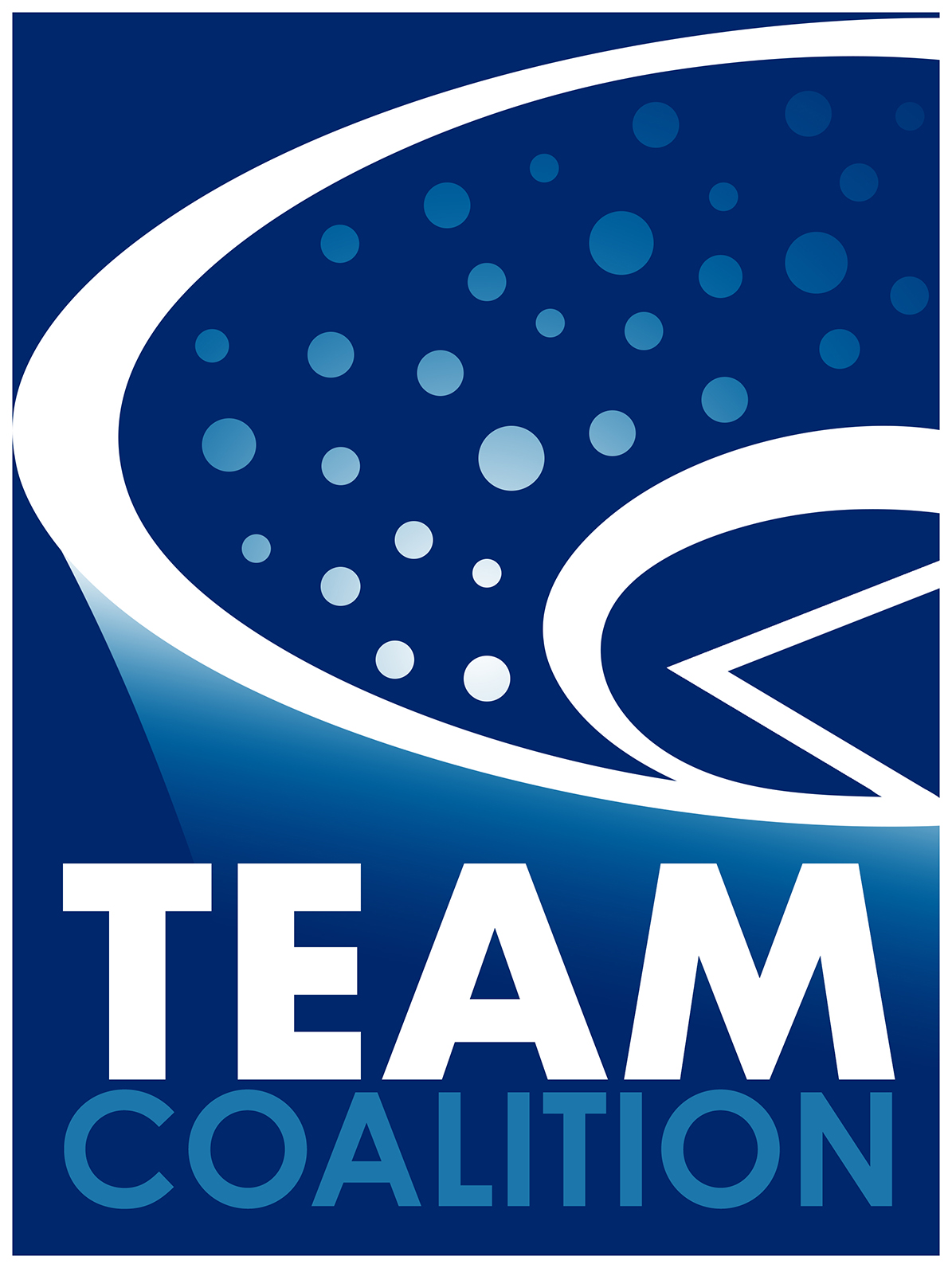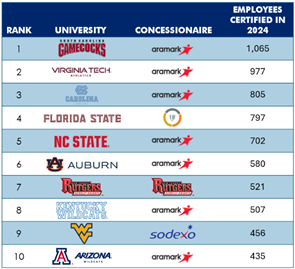Universities and concessionaires are not the only organizations committed to responsible alcohol service. The beer industry sees the value of responsible alcohol service that comes from embracing what TEAM Coalition offers. Craig Purser, President and CEO of the National Beer Wholesalers Association explains, “America’s beer and beverage distributors are committed to promoting responsible alcohol consumption for legal drinking age adults. By ensuring choice and variety, along with responsible marketing and merchandising, distributors play a critical role in supporting a safe and orderly alcohol marketplace. NBWA is proud to partner with TEAM Coalition and their important training initiatives to help venues serve alcohol responsibly, allowing all fans and guests to enjoy themselves.”
It is a simple concept. By serving alcohol, universities and concessionaires have much greater control over alcohol consumption. The effort involved in keeping a profitable liquor license in good standing is exactly how to minimize underage drinking and binge drinking. Through TEAM training, venue alcohol policies are developed, communicated, and enforced. Employees learn how to identify signs of impairment and absorption rate factors. Intervention guidelines, ID checking, state-specific regulations and documentation are all part of the training program. TEAM training works. It has been a staple in professional sports venues since the early 1990s, with more than 1,000,000 certification records in the TEAM training database.
Underage drinking and binge drinking are serious public health concerns. Preventing (or at least reducing) the prevalence of both issues will only come from creating the right incentives and implementing the right controls. As more and more colleges and universities pursue alcohol service for sporting events, they will benefit greatly by learning from those who have gone before. Successful introduction of alcohol service and long-term alcohol management come from preparation and setting limits to that access. It is beyond time to acknowledge that unlimited access to alcohol, often seen at fraternity houses and tailgate parties, is unquestionably the wrong approach.


